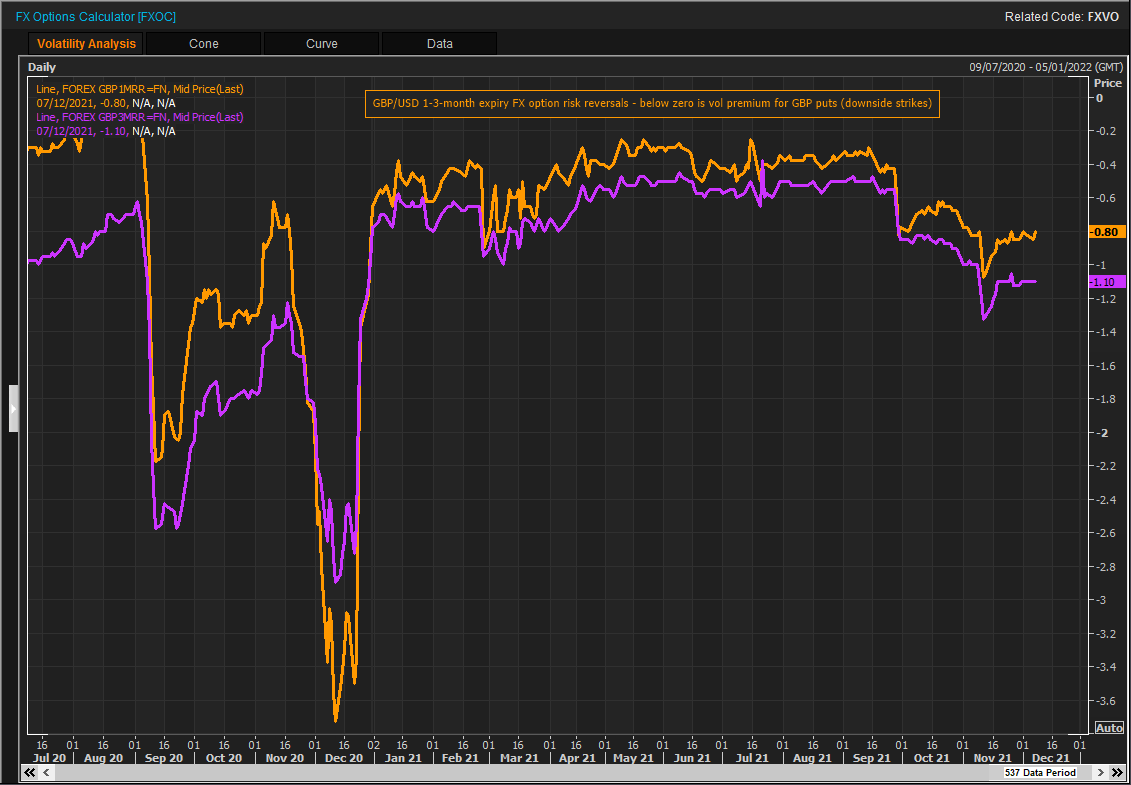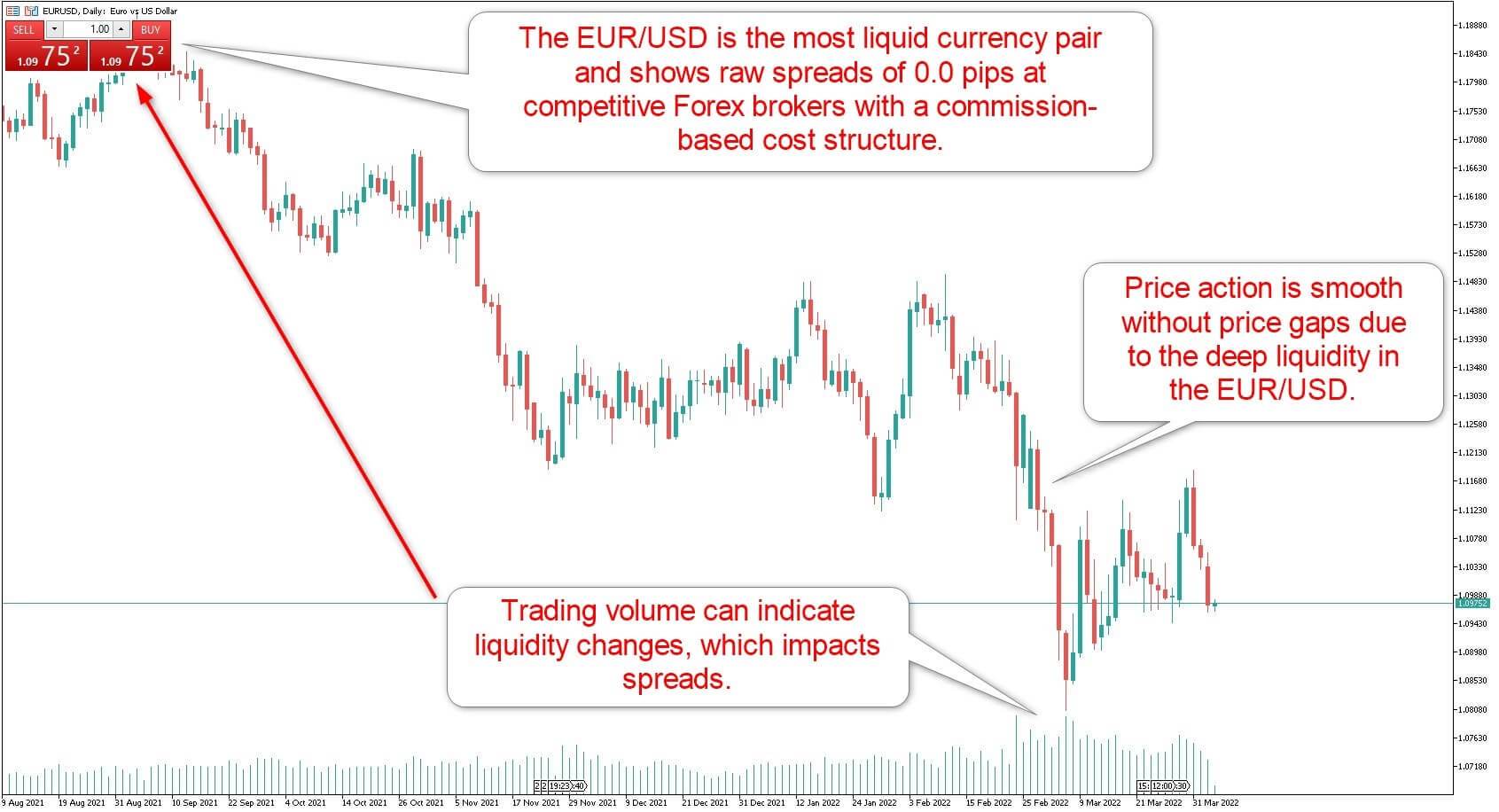
Creating passive income can be a challenge, especially when it comes to generating the right type of content. But the good news? There are lots of ways to make some extra cash.
Online courses are a popular way to make passive income. These courses allow you to sell information about a topic online. This type of passive income source is very lucrative because you don’t need to sell or purchase physical products.
An app is another option to generate passive income. These apps can often be developed for very little money and you can earn money quickly. You can either create your own app, or hire a programmer to help you. You can also sell merch. It is important to have a large enough audience to make a steady income.

A high dividend stock is another passive income option. These stocks are good investments because they have the potential to capital appreciation. REIT investments have had an average annual return of 9.5% over the last decade. These stocks won't pay dividends forever, but you can always reinvest your earnings in order to grow.
Another passive income source involves creating a vending machine route. This type of service allows you to order almost anything from anywhere, and you can earn money on every delivery. This service is especially useful for busy people.
Shopify is a great platform for creating an ecommerce site if your goal is to open an online store. Everything you need to start an online business, including hosting services and payment processing. However, you will need to put in some time to market your content.
If you want to earn some extra money, consider renting out a spare room or buying an apartment for Airbnb purposes. These services are increasingly popular with people, particularly for short-term stays. You can also signup for a car-rental service like Lyft or Turo.

One of the easiest ways to generate a passive income is to build a blog. Although it's time-consuming, a blog is a simple way to encourage people to visit your site. It can also help you generate traffic for other online businesses ideas like affiliate marketing. While you will need to choose a topic for your blog, the quality of your content could be a great way to build an audience.
You can also create an e-book if you don't have the time or desire to set up an online shop. Many eBooks can be downloaded digitally through services like Amazon. Creating an eBook can also be a great way to generate passive income, because it's a low-cost way to get your name out there.
Your photography skills can help you make passive income. If you're a good photographer, you could start a blog or write about your hobbies. You can also write about the latest movies and TV series.
FAQ
What's the difference among marketable and unmarketable securities, exactly?
Non-marketable securities are less liquid, have lower trading volumes and incur higher transaction costs. Marketable securities, however, can be traded on an exchange and offer greater liquidity and trading volume. You also get better price discovery since they trade all the time. However, there are some exceptions to the rule. There are exceptions to this rule, such as mutual funds that are only available for institutional investors and do not trade on public exchanges.
Marketable securities are less risky than those that are not marketable. They have lower yields and need higher initial capital deposits. Marketable securities are generally safer and easier to deal with than non-marketable ones.
A large corporation may have a better chance of repaying a bond than one issued to a small company. The reason is that the former is likely to have a strong balance sheet while the latter may not.
Marketable securities are preferred by investment companies because they offer higher portfolio returns.
How can I select a reliable investment company?
Look for one that charges competitive fees, offers high-quality management and has a diverse portfolio. The type of security in your account will determine the fees. Some companies have no charges for holding cash. Others charge a flat fee each year, regardless how much you deposit. Others may charge a percentage or your entire assets.
It's also worth checking out their performance record. Poor track records may mean that a company is not suitable for you. Avoid low net asset value and volatile NAV companies.
Finally, you need to check their investment philosophy. In order to get higher returns, an investment company must be willing to take more risks. If they are unwilling to do so, then they may not be able to meet your expectations.
Can bonds be traded?
They are, indeed! As shares, bonds can also be traded on exchanges. They have been for many years now.
The main difference between them is that you cannot buy a bond directly from an issuer. A broker must buy them for you.
Because there are fewer intermediaries involved, it makes buying bonds much simpler. You will need to find someone to purchase your bond if you wish to sell it.
There are many types of bonds. While some bonds pay interest at regular intervals, others do not.
Some pay quarterly, while others pay interest each year. These differences make it easy to compare bonds against each other.
Bonds can be very useful for investing your money. Savings accounts earn 0.75 percent interest each year, for example. You would earn 12.5% per annum if you put the same amount into a 10-year government bond.
If you were to put all of these investments into a portfolio, then the total return over ten years would be higher using the bond investment.
What are the benefits to investing through a mutual funds?
-
Low cost - purchasing shares directly from the company is expensive. It's cheaper to purchase shares through a mutual trust.
-
Diversification: Most mutual funds have a wide range of securities. One type of security will lose value while others will increase in value.
-
Professional management - Professional managers ensure that the fund only invests in securities that are relevant to its objectives.
-
Liquidity- Mutual funds give you instant access to cash. You can withdraw money whenever you like.
-
Tax efficiency - mutual funds are tax efficient. As a result, you don't have to worry about capital gains or losses until you sell your shares.
-
For buying or selling shares, there are no transaction costs and there are not any commissions.
-
Mutual funds are simple to use. All you need is money and a bank card.
-
Flexibility: You can easily change your holdings without incurring additional charges.
-
Access to information- You can find out all about the fund and what it is doing.
-
Investment advice - you can ask questions and get answers from the fund manager.
-
Security - You know exactly what type of security you have.
-
You have control - you can influence the fund's investment decisions.
-
Portfolio tracking - You can track the performance over time of your portfolio.
-
You can withdraw your money easily from the fund.
Disadvantages of investing through mutual funds:
-
Limited selection - A mutual fund may not offer every investment opportunity.
-
High expense ratio: Brokerage fees, administrative fees, as well as operating expenses, are all expenses that come with owning a part of a mutual funds. These expenses will eat into your returns.
-
Lack of liquidity - many mutual funds do not accept deposits. These mutual funds must be purchased using cash. This limits your investment options.
-
Poor customer service. There is no one point that customers can contact to report problems with mutual funds. Instead, you must deal with the fund's salespeople, brokers, and administrators.
-
Risky - if the fund becomes insolvent, you could lose everything.
What is a bond and how do you define it?
A bond agreement between two parties where money changes hands for goods and services. Also known as a contract, it is also called a bond agreement.
A bond is usually written on a piece of paper and signed by both sides. The document contains details such as the date, amount owed, interest rate, etc.
The bond is used for risks such as the possibility of a business failing or someone breaking a promise.
Many bonds are used in conjunction with mortgages and other types of loans. This means that the borrower must pay back the loan plus any interest payments.
Bonds can also raise money to finance large projects like the building of bridges and roads or hospitals.
A bond becomes due upon maturity. When a bond matures, the owner receives the principal amount and any interest.
If a bond does not get paid back, then the lender loses its money.
What are some advantages of owning stocks?
Stocks can be more volatile than bonds. When a company goes bankrupt, the value of its shares will fall dramatically.
If a company grows, the share price will go up.
To raise capital, companies often issue new shares. This allows investors buy more shares.
Companies use debt finance to borrow money. This allows them to get cheap credit that will allow them to grow faster.
A company that makes a good product is more likely to be bought by people. The stock's price will rise as more people demand it.
Stock prices should rise as long as the company produces products people want.
Statistics
- Our focus on Main Street investors reflects the fact that American households own $38 trillion worth of equities, more than 59 percent of the U.S. equity market either directly or indirectly through mutual funds, retirement accounts, and other investments. (sec.gov)
- Ratchet down that 10% if you don't yet have a healthy emergency fund and 10% to 15% of your income funneled into a retirement savings account. (nerdwallet.com)
- "If all of your money's in one stock, you could potentially lose 50% of it overnight," Moore says. (nerdwallet.com)
- US resident who opens a new IBKR Pro individual or joint account receives a 0.25% rate reduction on margin loans. (nerdwallet.com)
External Links
How To
What are the best ways to invest in bonds?
You will need to purchase a bond investment fund. While the interest rates are not high, they return your money at regular intervals. These interest rates can be repaid at regular intervals, which means you will make more money.
There are many options for investing in bonds.
-
Directly buying individual bonds
-
Buy shares in a bond fund
-
Investing through a broker or bank
-
Investing through a financial institution.
-
Investing through a pension plan.
-
Directly invest through a stockbroker
-
Investing through a Mutual Fund
-
Investing with a unit trust
-
Investing through a life insurance policy.
-
Investing via a private equity fund
-
Investing with an index-linked mutual fund
-
Investing in a hedge-fund.